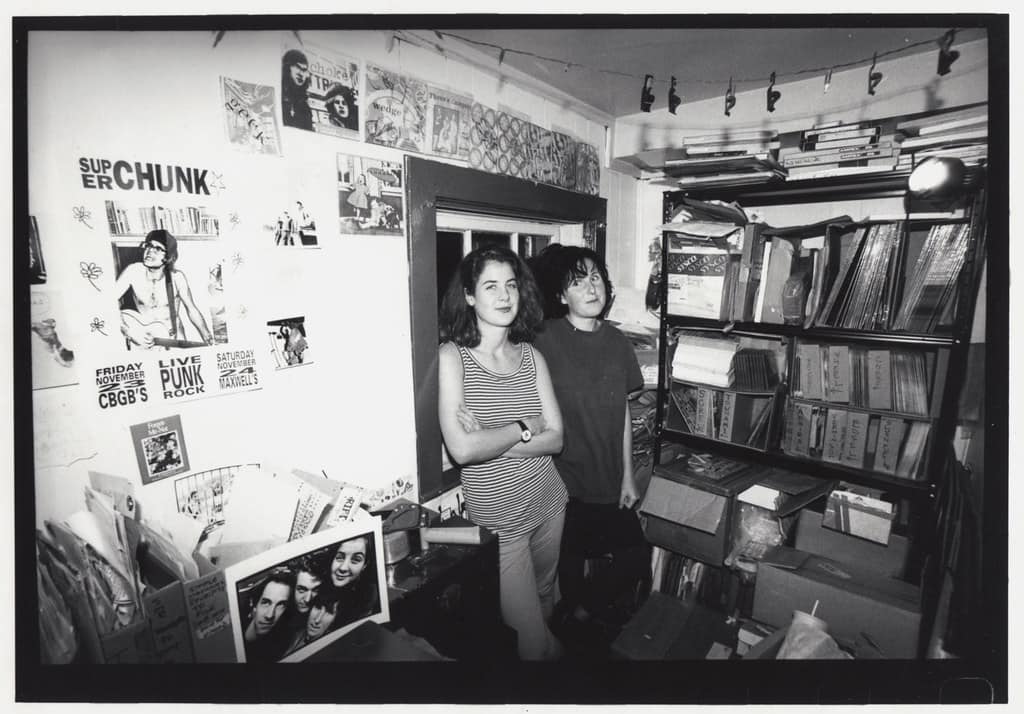There was recently a lot of discussion around Spotify and how little they pay for streaming royalties. And while I do agree that Spotify and other streaming services should be paying more then they currently are, I also thing the argument here is flawed. At the end of the day, I don’t think Spotify is the issue, I think we are.
A thought experiment. This is meant to be illustrative so the numbers have no relationship with reality, I’m just making a point.
Let’s say there’s a band that releases a song on a platform (any platform, doesn’t need to be Spotify) and that song gets a million streams. Here are the payouts for a million streams broken out by platform (I just googled the rates). This doesn’t take into account fees and cuts and all the other stuff that would come out of this, just a basic number of streams X rate.
- Tidal ($0.013 per stream): $13K
- Spotify ($0.003 per stream): $3K
- Amazon ($0.004 per stream): $4K
- YouTube ($0.008 per stream): $8K
Now here’s the thought experiment. Lets say of the people that are listening to that track the average is four streams per person. That means 1M streams is about 250K people. Let’s say half of those people really enjoy that track, that’s 125K people. If the people that really enjoy that track went out and paid a dollar to buy that track, that’s $125K. Now the artists are not going to get that full $125K, there are fees and cuts associated with selling the track through different platforms, but every professional musician I’ve ever heard talk about this stuff has stated that buying your music from them is the best way to support them.
The issue here is that we expect art to be funded within a capitalistic framework, but that has literally never happened. Capitalism only sees value in relation to the market, i.e. only in relation to monetizable product. Capitalism does not see art, it sees products that can be bought and sold. Replacing your music collection with a streaming service is convenient, but it reduces the value of the music to the above rates because those are the rates that the market has set. If you believe that the music is worth more then that yelling at the market is not going to change anything because you have no direct control over the market forces. Even if you can collectively shame platforms into paying more, that pressure campaign must be a constant long term thing, because the minute you stop pressuring the platforms they’ll revert back to the rates that the market sets.
There is some good news here though. There is a simple way to fix this problem. Give artists money. That’s it. Don’t expect that corporations will fund art (and we’ve moved beyond music here to include all art in the broadest sense possible) you need to do it directly. Check to see if artists have a Patreon or if they use some other platform for fundraising. If you’re not sure, ask them. I’ve never seen an artist get annoyed at someone offering to give them money. A lot of them will be very touched and appreciative that you were willing to put in the effort to figuring out the best way to support them.
And this funding doesn’t need to be some huge gesture either. If all you can afford is to throw an artist a couple bucks now and then, then that’s valid. We do not individually support artists, we do it collectively. You do what you can in that moment. And as your moment changes, may be you can give more or less. You do what you can though and the person next to you does what they can and so and so forth and collectively we accomplish the things that capitalism can not comprehend.
So, to reiterate, I fully support movements to get the platforms to increase the amount of money that they are paying artists. At the end of the day though, artists should not be beholden to corporate overlords to tell them what they’re art is worth. We should be doing what we can, big and small, to support the people who are creating the art that touches our lives and gives it all meaning. We owe them that.
